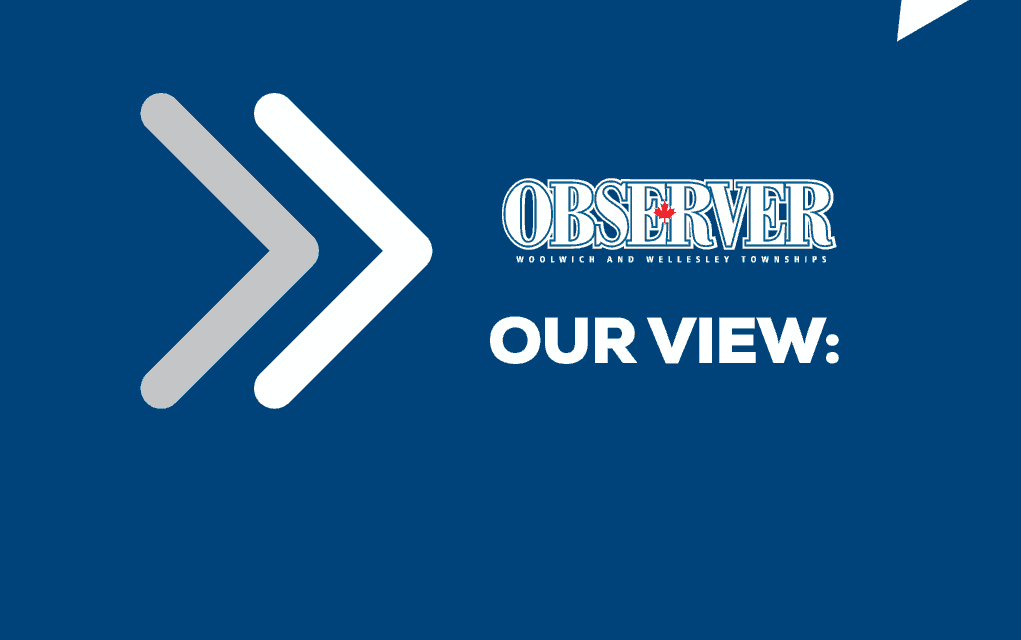;
;
;

With last week’s budget, Ottawa reversed course somewhat on measures to cool the country’s overheated housing market. Having tightened borrowing rules to reduce the risk of people defaulting on their mortgages and help ease the unsustainable upward pressure on home prices, the government is looking
Last updated on May 03, 23
Posted on Mar 28, 19
2 min read
